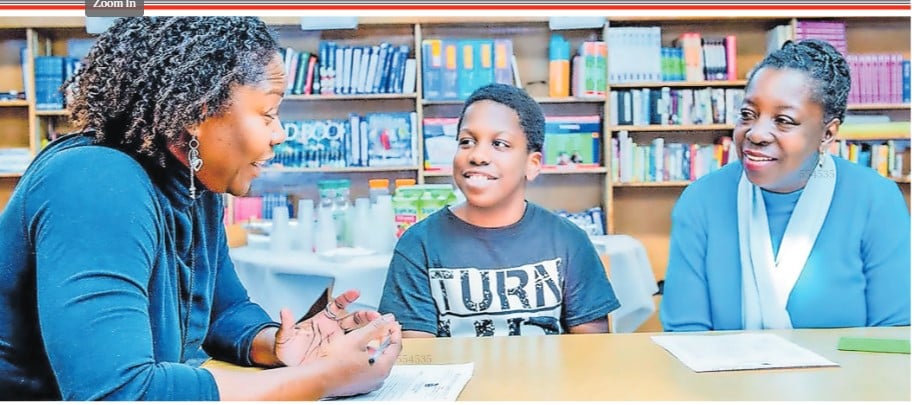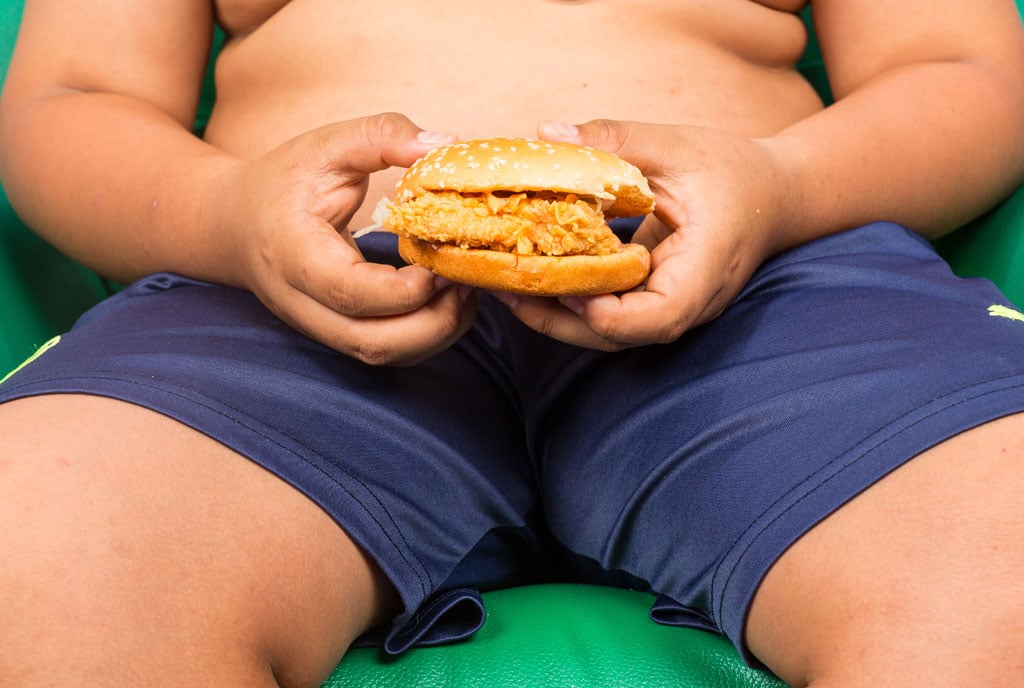
Now that the year is coming to an end, teachers need to discuss with parents the pursuits and expectations the children have for themselves for next year.
Third term is finally coming to an end. Parents, teachers, and students are relieved they are going to rest from a year of hard work and study. But while at it, how about parents and teachers have conversations about student’s comprehensive school performance and how they can help them improve next year?
In the past, these conversations used to be held largely through the Parent-Teacher Associations (PTAs) though many private schools now have them in name only.
These conversations serve as an opportunity to for parents and teachers to meet and discuss children’s school journey. They are also an opportunity for parents and teachers to share resources, tools, and recommendations to keep children on a successful path.
So, what are some of the issues that can be discussed between parents and teachers as this year comes to an end?
Academic progress
More than the report card, teachers need to discuss a child’s academic strengths, weaknesses, opportunities, and threats (SWOT) of a child with a child’s parents. Take the example of Jessica.
Her parents will tell you, “Our younger daughter is bright; she scores 80s in almost every subject but she has trouble concentrating and meeting deadlines. Being educators ourselves, we have tried different approaches to helping her and they are working but it is a work in progress. We must continue to engage her teachers to get the best possible outcome. And this holiday is it because she will be a candidate next year.”
Such information is crucial for parents and teachers to understand and appreciate their child and what they are capable of academically.
Stories abound of parents forcing their children to undertake courses or careers they are not interested but these discussions can help furnish parents with the necessary and appropriate assessments of their children’s capabilities.
Social progress
School is a social environment where children interact with teachers, non-teaching staff, and peers alike while there. Teachers can share with parents about how their child copes socially; are they introverted or otherwise, do they have social skills (problem-solving, team work, emotional intelligence…). These insights help parents know the social and emotional state of their child and what help they may need through the holiday.
Parental involvement: It is not easy for parents to find time to get involved in their child’s education (apart from paying school fees) due to the demands of work and other pursuits but some parents really try and are supportive of teachers and schools in this noble cause. Parents who visit their children during the term to check on their academic progress or well-being should be appreciated while at the same time encouraging parents who don’t to be involved.
In addition to thanking parents for support, teachers can discuss ways parents can continue engaging with their child's education over the summer and encourage them to maintain regular communication. Parents should be assured that anything they can provide is welcome and appreciated.
Discipline issues.
Discipline is important for a child’s success. And in Africa, a child is raised by a village, they say.
Teachers, therefore, should discuss with parents their observations regarding a child's behaviour and interactions with others; are they obedient to school authorities, are they respectful to peers and others, or do they have disciplinary issues or learning gaps that need to be addressed? This report can help highlight areas in which a child needs help so an appropriate response can be obtained for their well-being.
For instance, Jacky and Joseph Magara appreciate this point when they explain to me, “Our 15-year old son (name withheld) has always been a good boy at home. Nothing to ruffle the feathers. But not until this year. He was suspended from school last term for reasons of belonging to a boys’ gang that would escape from school to go dancing smoking shisha! We have already sat him down and talked to him at length. Of course it is a work in progress. But now we need to sit down with his teachers at the end of this school term to talk about how we can help him or we shall lose him. He is the only boy we have!“
Personalised support.
There is no one-size fits all when it comes to children. They are gifted differently. So in sharing with parents, teachers need to share what kind of personalized support a particular child has been receiving and needs, what learning strategies and learning style works for them.
Margaret Ssonko, a teacher in one of the secondary schools in Kampala says, “We know that there are four core learning styles: visual, auditory, reading, and writing, and kinesthetic or the VARK model. To think that all the children favor one learning styles is to essentially kill them. You need your learners well to know which approach to use. Of course this is not easy with the large numbers especially in the public schools but you can always try because that is what you are called to do as a teacher.”
Extracurricular activities, sports, and hobbies.
School should never be just about academics but also extracurricular activities so children can be nurtured into well- rounded individuals ready to face life. Teachers can discuss with parents a child’s involvement in extracurricular activities such as drama, sports, games, clubs (such as debating, music, computer, environment, climate change…). Parents can gain insights into how their children fare in these areas and see how they can support their talents and hobbies during the holiday season.
Mutumba, a father of two boys says of his first born son who has just completed his ‘O’ level, says, “My son Robin likes football but I never liked it all. I was never interested. I used to think it was a waste of time and energy. But over time one of his school football coaches has convinced me it is a great way to earn money. Okay, I do not see Robin becoming a professional football player but I have kind of let it slide.”
In conclusion, parents can take advantage of this holiday season to talk to their children’s teachers about these and more things that will help their children grow into well-rounded adults.








